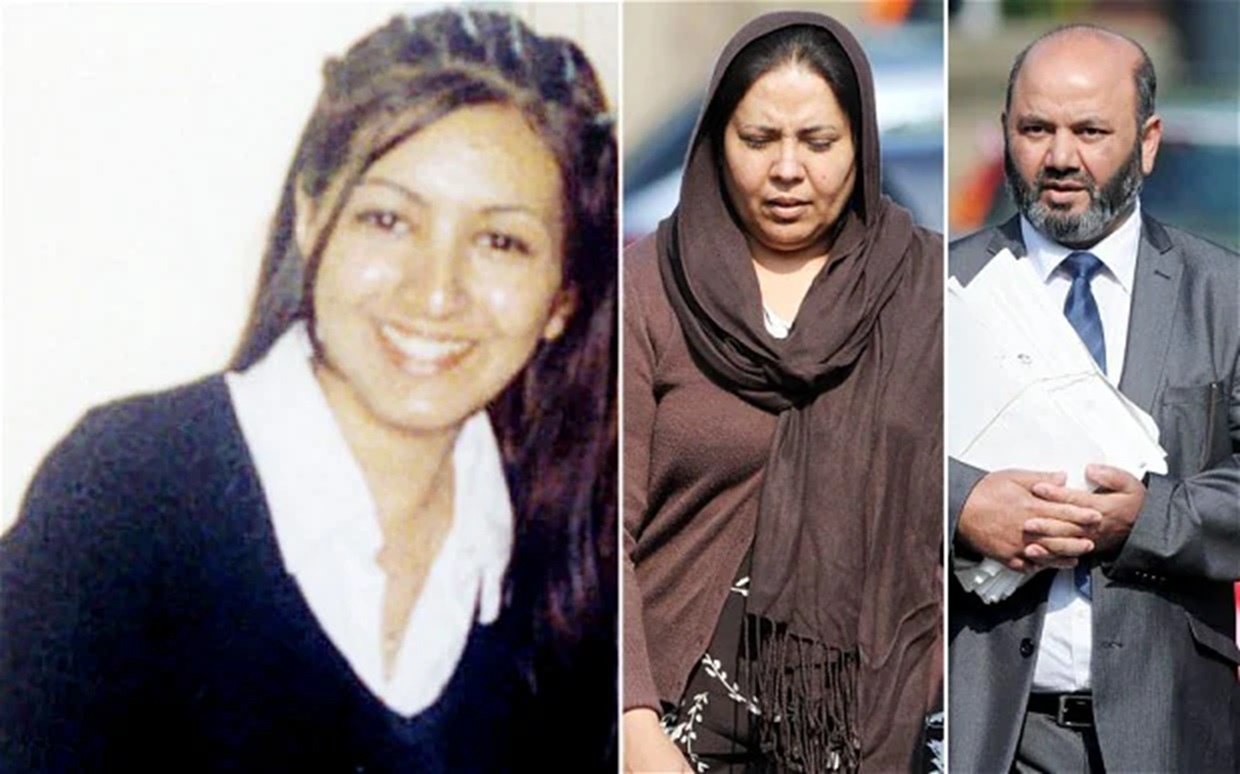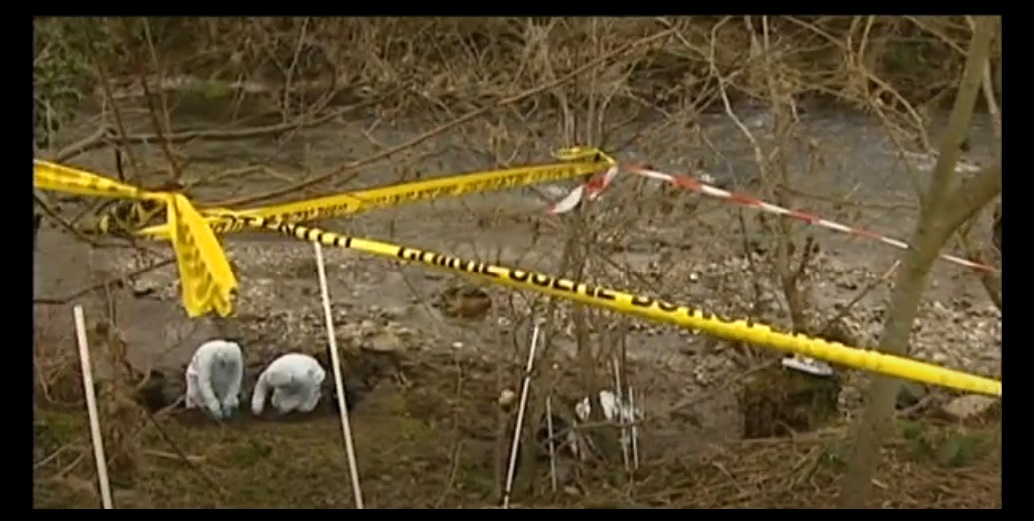Warning: Graphic content, readers’ discretion advised. This story contains a recollection of crime and can be triggering to some readers discretion advised.
cruelty parents who killed and dismembered their daughter in front of their three children .
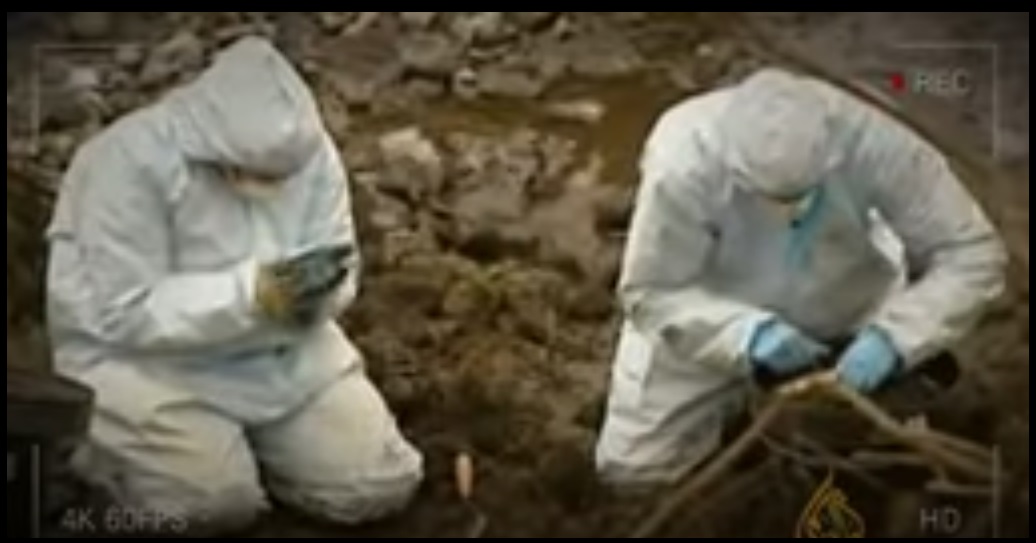
the decomposed decayed body with some parts dismemeberd of british girl of pakistani descent was discovered by the police on the riverbank,leaving all nearby residents horrified.
no one knew the pain the victim had endured before being brutally murdered and her body meticulously concealed .
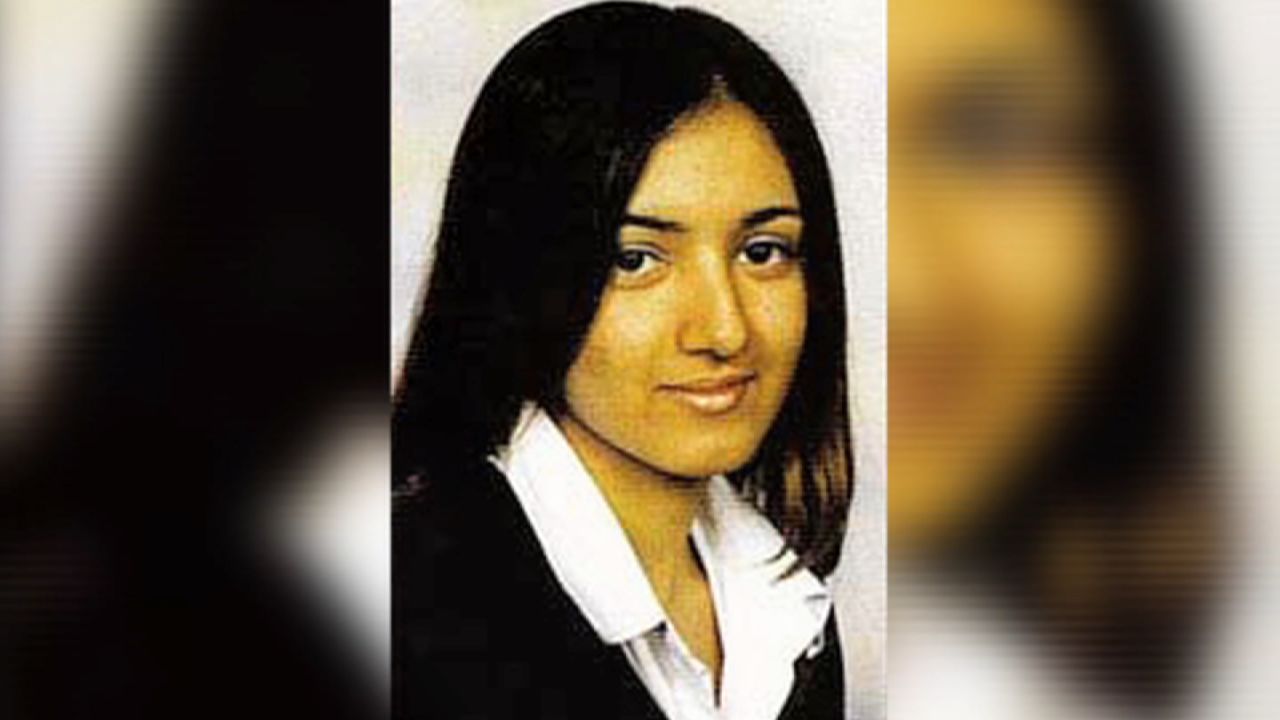
it was not until about 5 months after her death that the dismembered body of the 17 year old girl was discovered ,prompting swift and extensive investigations
afer the case details were released many were shocked by the identities of the perpetrators and what they had done before murdering the victim.
today we bring you a case that schook the media and public opinion in the UK for many years.
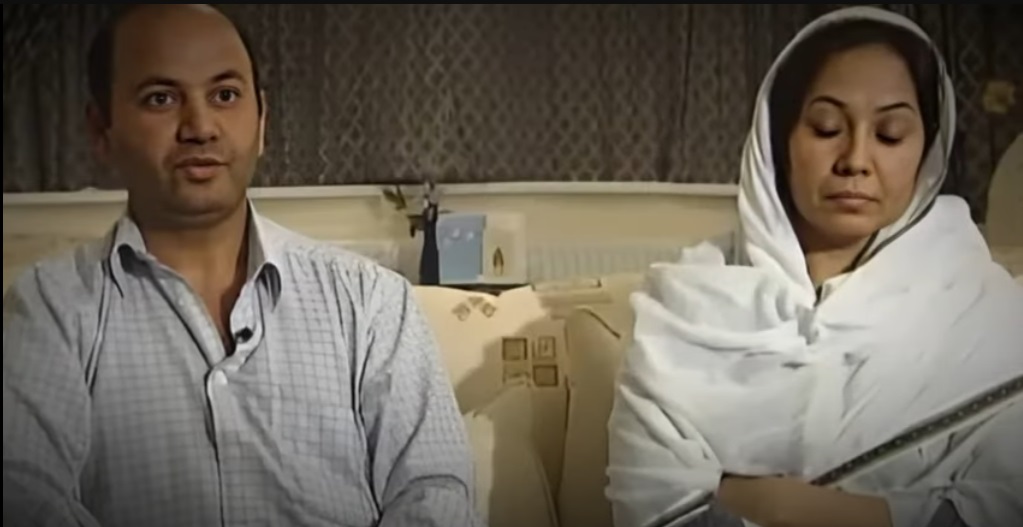
september 2003 was a british -pakistan girl who was murdered by her parents in an houour killing at the age of 17 , due to her regusal to accept a forced marriage.
Ahmed’s parents were each imprisoned for a minimum of 25 years for her murder in August 2012.
The possibility of other individuals having helped her parents to dispose of their daughter’s body has been raised; after the parents’ trial, the chief executive of the Bradford Council for Mosques encouraged anybody with information about the case to come forward with information to assist police.
Ahmed disappeared 11 September 2003, and had been missing for a week before her teachers informed the police. Subsequently, a major campaign urged anyone with information to come forward.
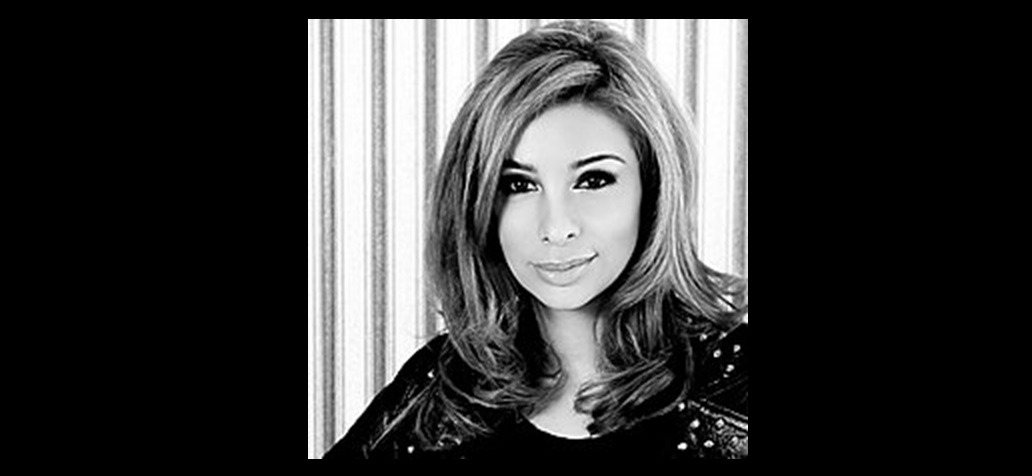
Actress Shobna Gulati fronted the media campaign and read some of Shafilea’s poems on television.
A nationwide hunt was launched, but when Ahmed failed to seek treatment for her damaged throat, detectives became convinced she had been murdered in a possible honour killing connected to her rejection of her Pakistani suitor.
Superintendent Geraint Jones told the Daily Mirror that “her family say a suitor had been found for her in Pakistan, but she was free to make her own decisions.
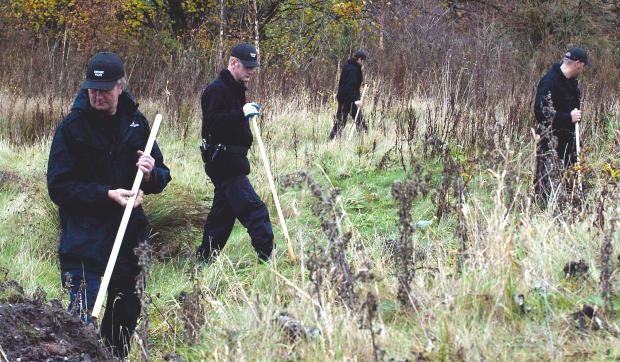
In February 2004, Ahmed’s dismembered remains were found after heavy flooding in the River Kent near Sedgwick, Cumbria, 70 miles (110 km) away from Warrington.
Police said the corpse was deliberately hidden, and a gold “zigzag” bracelet and blue topaz ring found with the body were identified by her parents. Due to the advanced decomposition of her remains, the cause of death could not be determined by pathologist Alison Armer.
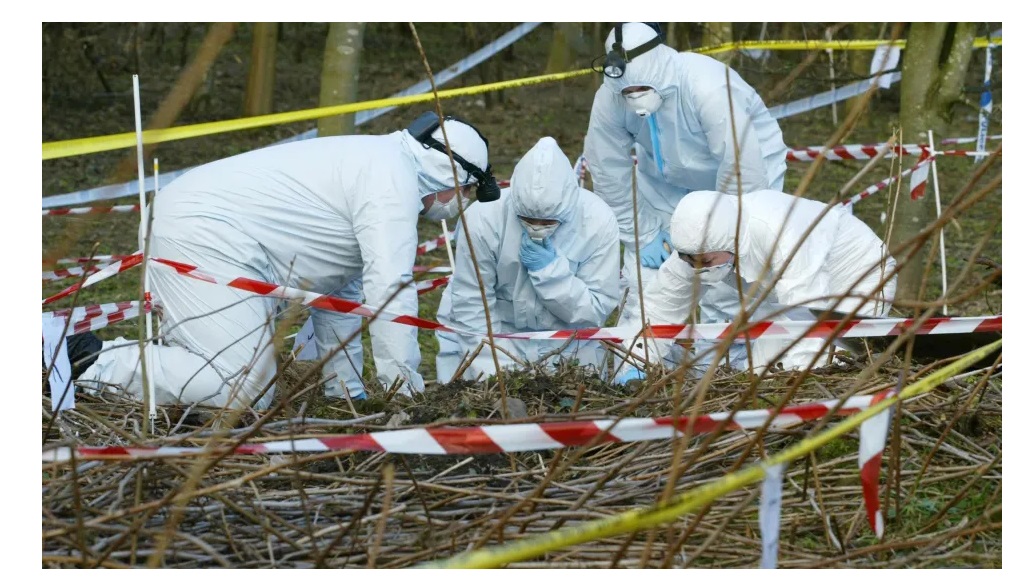
Detective Sergeant Mike Foster stated at a hearing,
“The pathologist could not determine the cause of death, but did say the body was that of a young female. Obviously, because of the condition of the body, she was unable to give any further findings.”

Police believe the body had probably been there since the day she disappeared or not long after. A second post mortem ordered by South Lakeland coroner Cyril Prickett failed to add anything further
Inspector Mike Forrester of Cumbria Constabulary stated at an inquest hearing that “it was unclear whether all of Ahmed’s body parts had been found” and that DNA tests “made it a one in a billion chance that the remains were those of anyone other than Shafilea”. Ahmed’s dentist said he was 90% sure that the lower jaw found was hers after examining the dental work carried out on it
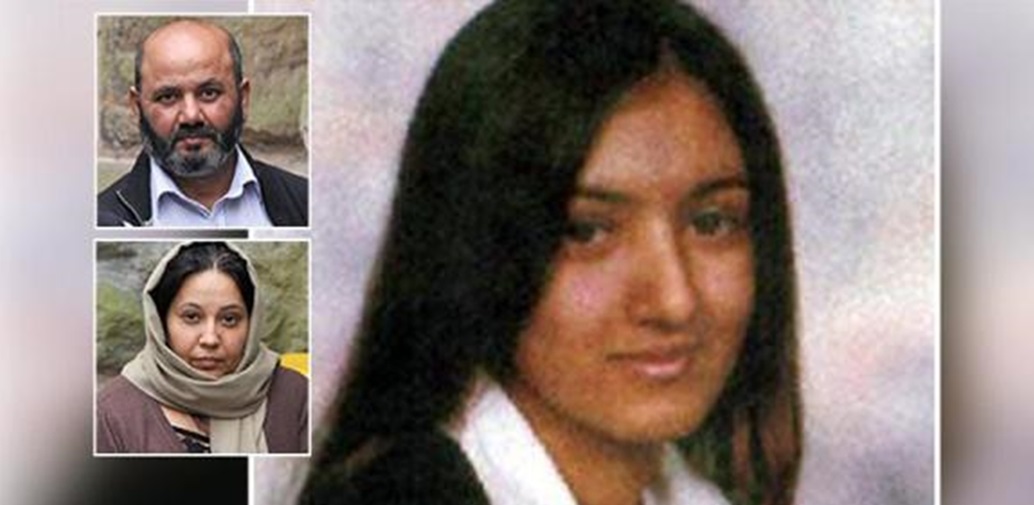 Ahmed’s parents, 51-year-old taxi driver Iftikhar Ahmed and 48-year-old housewife Farzana Ahmed, were released without charge after briefly having been arrested along with five other members of her extended family.
Ahmed’s parents, 51-year-old taxi driver Iftikhar Ahmed and 48-year-old housewife Farzana Ahmed, were released without charge after briefly having been arrested along with five other members of her extended family.
Several of Shafilea’s poems interested the police, notably “I Feel Trapped,” which was interpreted as reflecting Ahmed’s despairing emotional state and described a hopeless life with a family that ignored her, and that she had run away from home several times.
Ahmed’s friend Sarah Bennett recalled an occasion when Ahmed had been branded a “slut” by her mother for dyeing her hair and wearing false nails.
Neighbour Sheila Costello said, “She has been reported missing twice before and been found staying with friends. We heard they had an argument over an arranged marriage and that Shafi had run away. I hope nothing terrible has happened to her.”
three years later…….
Cheshire Constabulary had not established a suspect, although eight members of Ahmed’s extended family were arrested on suspicion of conspiracy to pervert the course of justice. Proceedings against them were dropped. An unidentified human hair not from members of her immediate family was reportedly found on Ahmed’s foot.

In January 2008, the coroner’s inquest held that Ahmed was the victim of a “very vile murder”, having been taken from her home on Liverpool Road in Warrington; the verdict was unlawful killing. Her family left the inquest without making any comment. After the inquest, her parents attempted unsuccessfully to have the verdict of unlawful killing overturned and replaced by an open verdict; her father argued that the coroner’s view was “biased.”
ahmed’s younger sister arranged a robbery that took place at her parents’ house on 25 August 2010, during which she, her brother, sisters, and parents were in the house.
She was arrested and told police that her parents had killed Ahmed She told police that after trying to force Ahmed to accept the arranged marriage, her parents were afraid her refusal would bring shame on the family, so their father put a plastic bag in Ahmed’s mouth and suffocated her to death
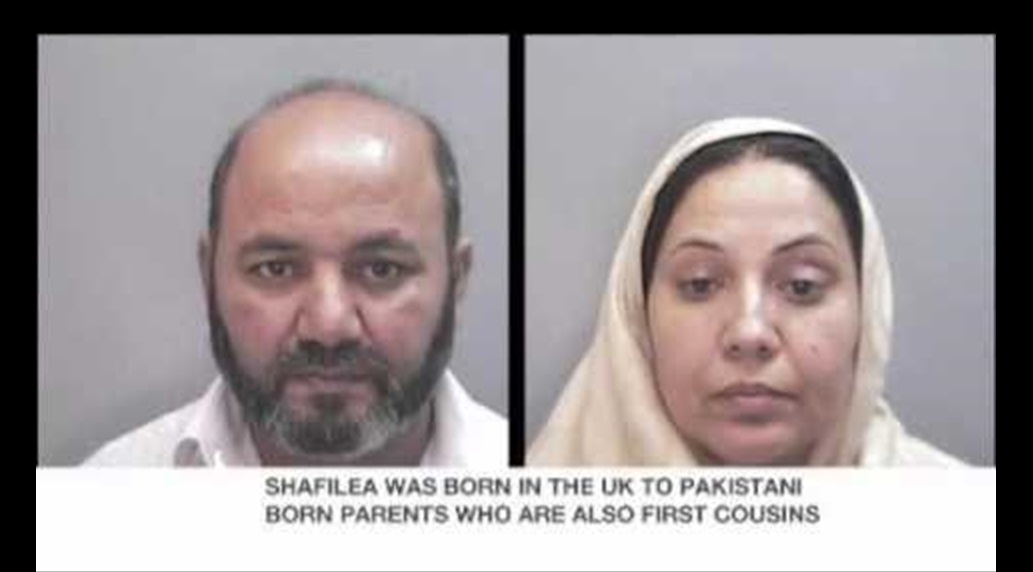
On 7 September 2011, Cheshire Police announced that Ahmed’s parents had been charged with her murder. Their trial at Chester Crown Court began in May 2012, and they were both found guilty of murder and sentenced to life imprisonment with a minimum term of 25 years on 3 August 2012.
Justice Roderick Evans said, “An expectation that she live in a sealed cultural environment separate from the culture of the country in which she lived was unrealistic, destructive and cruel.
“ Cheshire Police purposefully did not refer to events as an “honour killing”, clarifying they do not legally recognise the term and that what had happened was simply murder
After the trial, police were said to be looking into the possibility that Ahmed’s parents had help when they dumped her body in 2003, and that they were looking into new information revealed during the trial. In August 2012, the chief executive of Bradford Council for Mosques encouraged anybody knowing about the case to come forward and said his group would help police
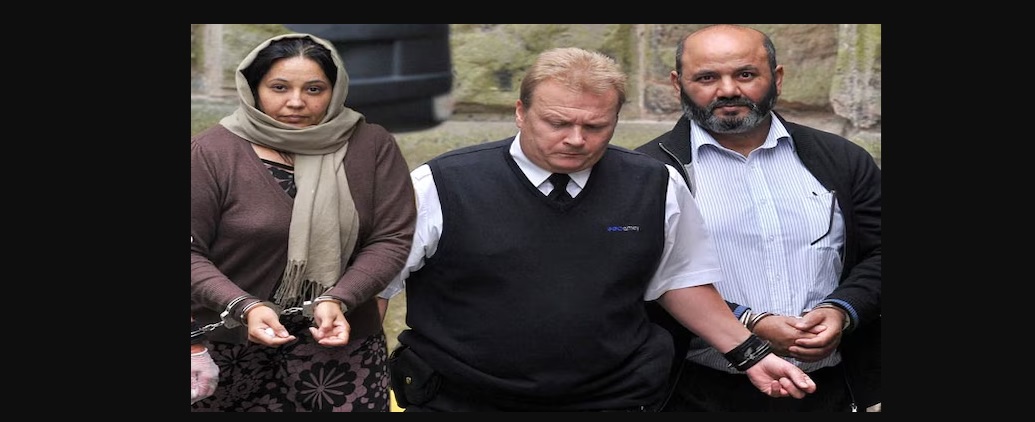
Iftikhar and Farzana Ahmed sentenced to life in prison with a minimum term of 25 years for killing their teenage daughter
Iftikhar and Farzana Ahmed denying murdering their daughter Shafilea in a 2004 interview. Both have now been found guilty of murdering her
The parents of Shafilea Ahmed have both been sentenced to life imprisonment with a minimum term of 25 years after being found guilty of murdering their 17-year-old daughter.
The prosecution said Iftikhar Ahmed, a 52-year-old taxi driver, and his wife, Farzana Ahmed, 49, from Warrington, Cheshire, killed the teenager at the family home on 11 September 2003 because they believed she had brought shame on the family with her desire to lead a “westernised” lifestyle.
Shafilea had defied her parents’ wishes for an arranged marriage in Pakistan to a much older man. Her body was found on a Cumbrian riverbank in February 2004.
The jury delivered its verdict at Chester crown court on Friday after a three-month trial.
Sentencing Shafilea’s parents, the judge, Mr Justice Roderick Evans, said: “What was it that brought you two – her parents, the people who have given her life – to the point of killing her?”
He said: “Your problem was that, in what you referred to as your ‘community’, Shafilea’s conduct was bringing shame upon you, and your concern about being shamed in your community was greater than your love for your child.”
The couple had vehemently denied any involvement in their daughter’s death.
As the verdicts were delivered after two days of deliberations, Shafilea’s brother Junyad and sister Mevish cried in court, as did a younger sibling who cannot be identified for legal reasons. Initially the Ahmed parents remained impassive in the dock, but Farzana Ahmed began crying as she was led out of court, and her husband turned and swore at police officers sitting nearby.
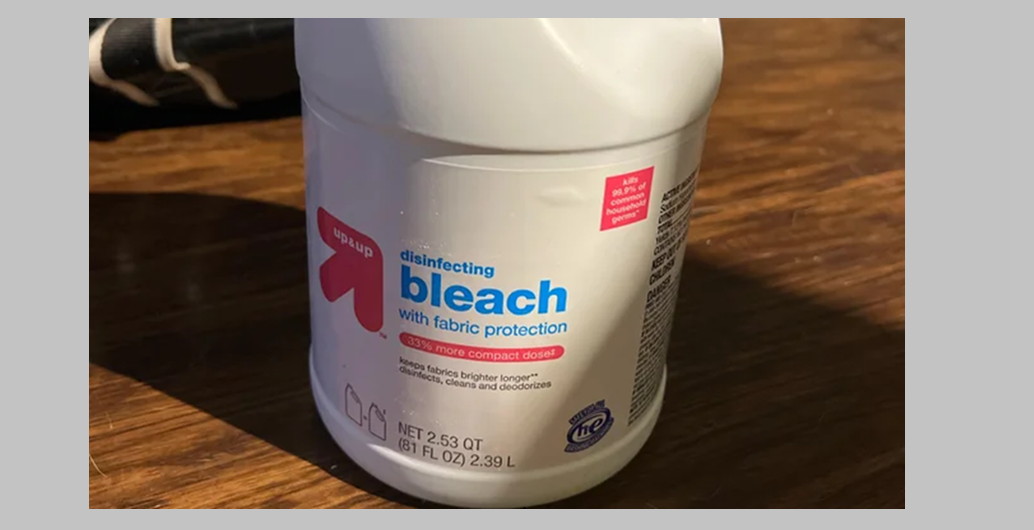
the prosecution’s barrister, Henry Riding, said that the two parents acting together had killed their child. “They were her parents and responsible for her care and wellbeing,” he said. “In September 2003, she was in a weakened state (after drinking bleach).”
Shafilea’s best friend, Melissa Powner, said: “We have waited for this day for many years. We have watched as her killers roamed free. Yet today we heard those important words – words that have finally brought our friend the justice she deserves.
The prosecution’s key witness was Shafilea’s 24-year-old sister, Alesha, who said she and her siblings had witnessed the murder at the family home. She said Farzana issued the command in Urdu: “Just finish it here,” as her parents forced a plastic carrier bag into Shafilea’s mouth and placed their hands over her it, blocking her airways as her father held her down.
Alesha said Shafilea’s eyes were wide open in horror and she was kicking her legs in protest. She realised her sister was dead when her legs stopped kicking
“That was it, she was gone,” she told the court. She recalled seeing her father punching her sister’s lifeless body in the chest after the killing. Later, she watched her mother prepare sheets, binbags and rolls of tape in the kitchen. She looked out of a window and saw her father carrying a heavy package, which she assumed was Shafilea’s body
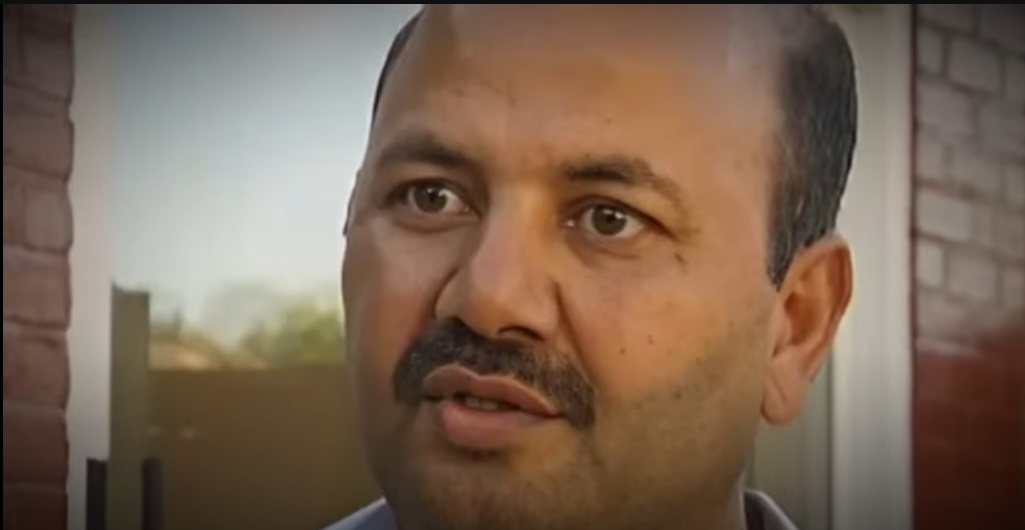
.Iftikhar Ahmed denied any part in his daughter’s death and maintained that Shafilea ran away from home in the middle of the night and he never saw her again. His wife changed her account of events midway through the trial and said her husband was responsible for a single, violent attack on Shafilea on the night of her disappearance. Her husband, she claimed, told her to never ask him about Shafilea again “if she cared for her dear life” and those of her children. However, the jury failed to be convinced by either of the couple’s versions of events and found them both guilty.
The judge said Iftikhar Ahmed came to the UK when he was 10 and was fully familiar with western culture. He married a Danish woman, had a son with her, and lived for a time in Denmark. He returned to Pakistan in 1985 to marry Farzana, his cousin, who had “no experience of western culture”. The couple returned to the UK in 1986 when Farzana was pregnant with Shafilea.
“You chose to bring up your family in Warrington, but although you lived in Warrington, your social and cultural attitudes were those of rural Pakistan and it was those you imposed on your children,” the judge said.
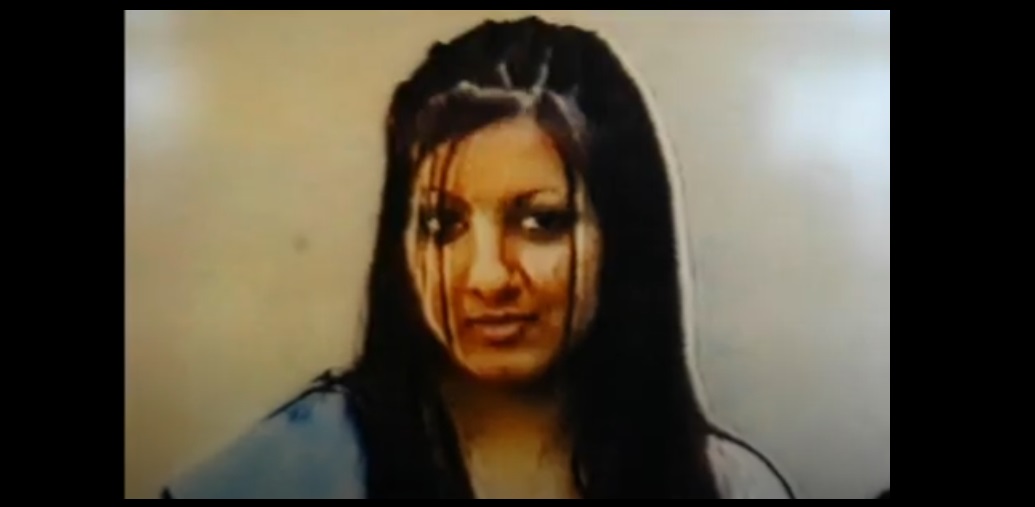
The judge said Shafilea was a “determined, able and ambitious girl who wanted to live a life which was normal”. But the couple wanted their family to “live in Pakistan in Warrington”. He said the couple objected to their daughter socialising with girls from the white community, wearing western clothes and having contact with boys.
“She was being squeezed between two cultures: the culture and the way of life she saw around her and wanted to embrace, and that they wanted to impose upon her,” Evans said. He said the conflict increased in the final year of her life when her parents tried to impose their cultural values and attitudes by “intimidation, bullying and the use of physical violence”. When she was taken to Pakistan it was to be “sorted out”, the judge added, to have her westernised ideas removed and to be married off.
When Shafilea ran away in February 2003, she was recaptured and dragged off the street and forced into a car. “A week later she was drugged and taken to Pakistan,” the judge said. “I have no doubt that your intention was she should remain in Pakistan and be married there.”
After drinking bleach Shafilea’s condition deteriorated to such an extent that “she was no longer wanted as a bride”.

The judge said the couple may have discussed the way they might resolve the problem Shafilea presented them before the day of the killing.
The judge added: “You killed one daughter, but you have blighted the lives of your remaining children. Alesha escaped but she is unlikely to avoid the legacy of her upbringing. Mevish, after a period of trying to live independently, was recaptured and brought home and has since become compliant. She came to court and was placed in the sad position of having to deny her own words in order to try and help the parents she and no doubt all your surviving children still care for.”
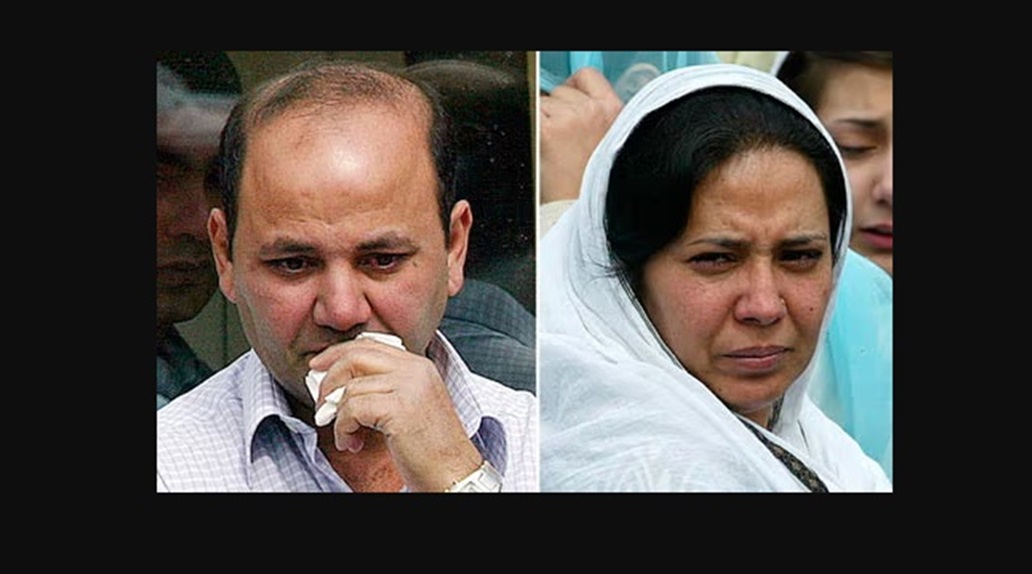
He said there was only one sentence he could impose and that was life. He set a minimum term of 25 years before either parent was eligible for parole. The aggravating factors included that they acted as a team, they were the people to whom Shafilea should have been able to look for protection and kindness, she was vulnerable when they killed her “and a truly horrifying feature”, he said, “is that you killed Shafilea in the presence of your other four children”.
He added that after the killing they concealed the body and not only did they lie to mislead people, including the coroner, but “you also made your surviving children put forward an account which was intended to hide what you did”.
